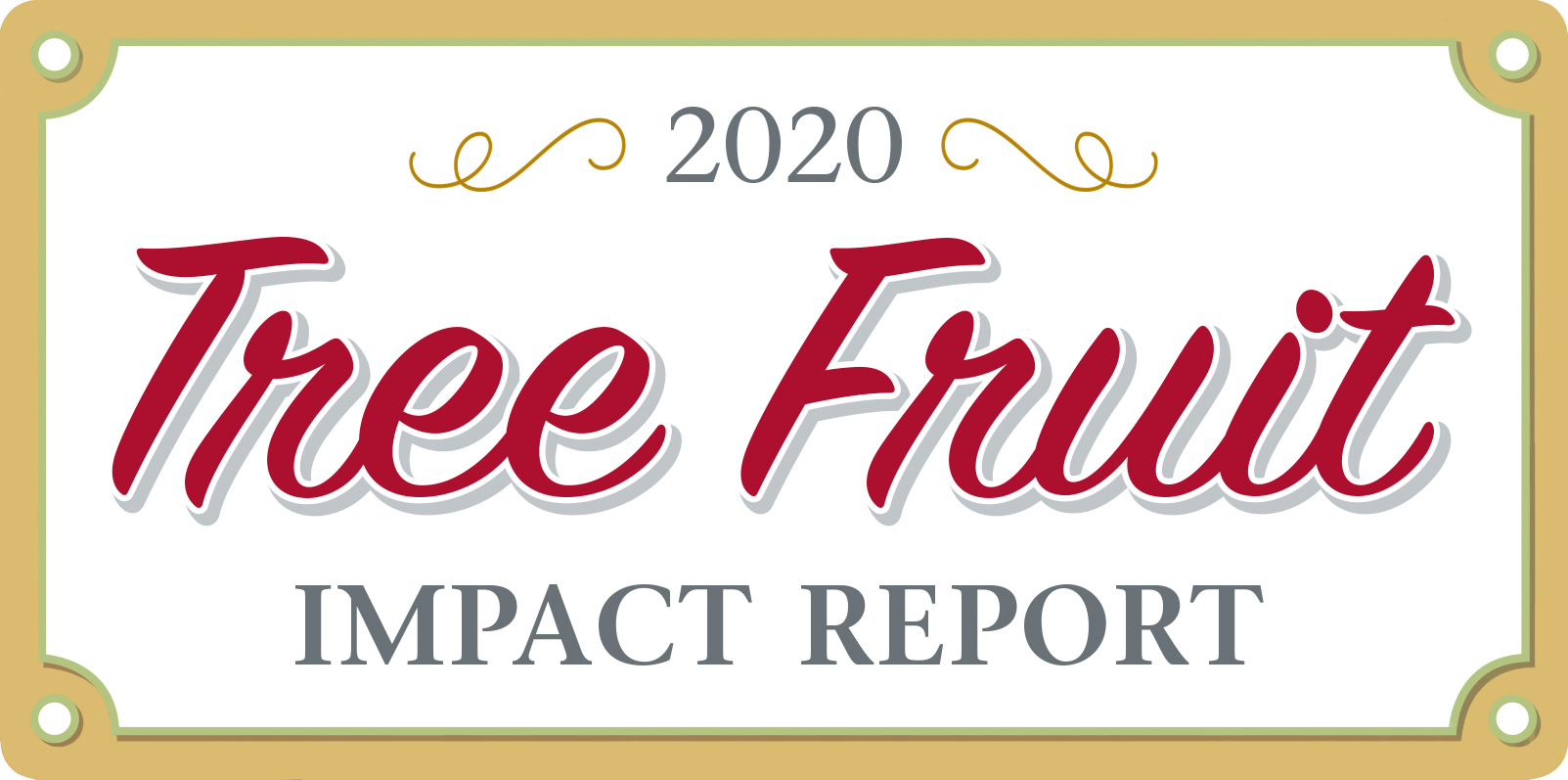The Research Orchards and Facilities Endowment keeps WSU tree fruit research labs, orchards, and equipment modern and effective. Current projects include:
IAREC cold rooms, workspace
The Irrigated Agriculture Research and Extension Center is receiving upgraded cold rooms and a workspace serving programs in stone fruit breeding, horticulture, plant pathology, and Extension.
In the cold rooms, apple and cherry fruit and wood can be stored at low temperatures, enabling a diverse array of experiments, including Bernardita Sallato’s evaluation of bitter pit and green spot in apples, and Jennifer Bolivar Medina’s work on apple fruit quality under deficit irrigation.
Expected to be complete by the end of 2020, the upgrade adds increased space to handle breeding material, enhancing capacity for cherry breeding and fruit quality evaluation. A modernized workroom provides a space for evaluation and small group demonstrations.
Upgraded fruit handling, storage
Wenatchee is also receiving upgraded research space and infrastructure for cold storage and fruit handling.
Increased space, illumination, a new commercial double sink, and rolling workbenches create improved research workspace directly adjacent to the sorting line, and in close proximity to new walk-in coolers.



New fruit sorting sensor
Funded by the endowment, the WSU Tree Fruit Research and Extension Center is bringing a new Aweta InVision sensor online this fall, completing a new fruit sorting line.
The sensor line sorts fruit based on parameters including firmness, soluble solids, and internal defects, such as watercore and internal browning.
This non-destructive, state-of-the-art technology will enable all scientists at the Center to more efficiently establish and evaluate harvest and post-harvest experiments.
Physiological insights
 A new portable gas exchange system at Prosser, expected to be available by the end of 2020, will allow WSU scientists to expand fundamental research in plant physiology.
A new portable gas exchange system at Prosser, expected to be available by the end of 2020, will allow WSU scientists to expand fundamental research in plant physiology.
Used in lab and field research, this device provides insight into the physiological status of trees.
Professor Matt Whiting’s research team will oversee the system, which will be available to all tree fruit team members at IAREC and to faculty at Wenatchee.

Faster media prep
 Food safety programs serving the tree fruit industry will benefit from the addition of an automated media preparation unit at Prosser.
Food safety programs serving the tree fruit industry will benefit from the addition of an automated media preparation unit at Prosser.
This device autoclaves, cools, and automatically pours growth media into Petri dishes. It has the potential to save considerable staff time in preparing microbiological media, solving a primary bottleneck in Faith Critzer’s Food Safety Lab.
“We use thousands of Petri dishes for our food safety research over the course of a week,” Critzer said. “This equipment automates this process, allowing us to focus on research instead of preparation.”
Critzer’s group is conducting several projects validating current packinghouse practices, which operations can use to demonstrate management of food safety risks.
Supporting the industry amid an historic challenge
 WSU Extension team members are providing training and resources to Washington’s tree fruit industry as the COVID-19 pandemic continues to impact Washington state.
WSU Extension team members are providing training and resources to Washington’s tree fruit industry as the COVID-19 pandemic continues to impact Washington state.
“We’re working to help our stakeholders deal with COVID-19,” said Faith Critzer, a WSU Extension produce safety specialist whose Endowment-supported program serves the industry. “Growers may not have enough time to digest policies that have been developed.”
She hosts ongoing, online Q&As and videos to help professionals and employees learn about mitigation, sanitation, labor, and other issues, with the assistance of WSU colleagues and representatives from the Washington Department of Labor and Industries.
“Extension is here to help you gain knowledge that keeps your orchards and businesses safe and sustainable,” Critzer says.
